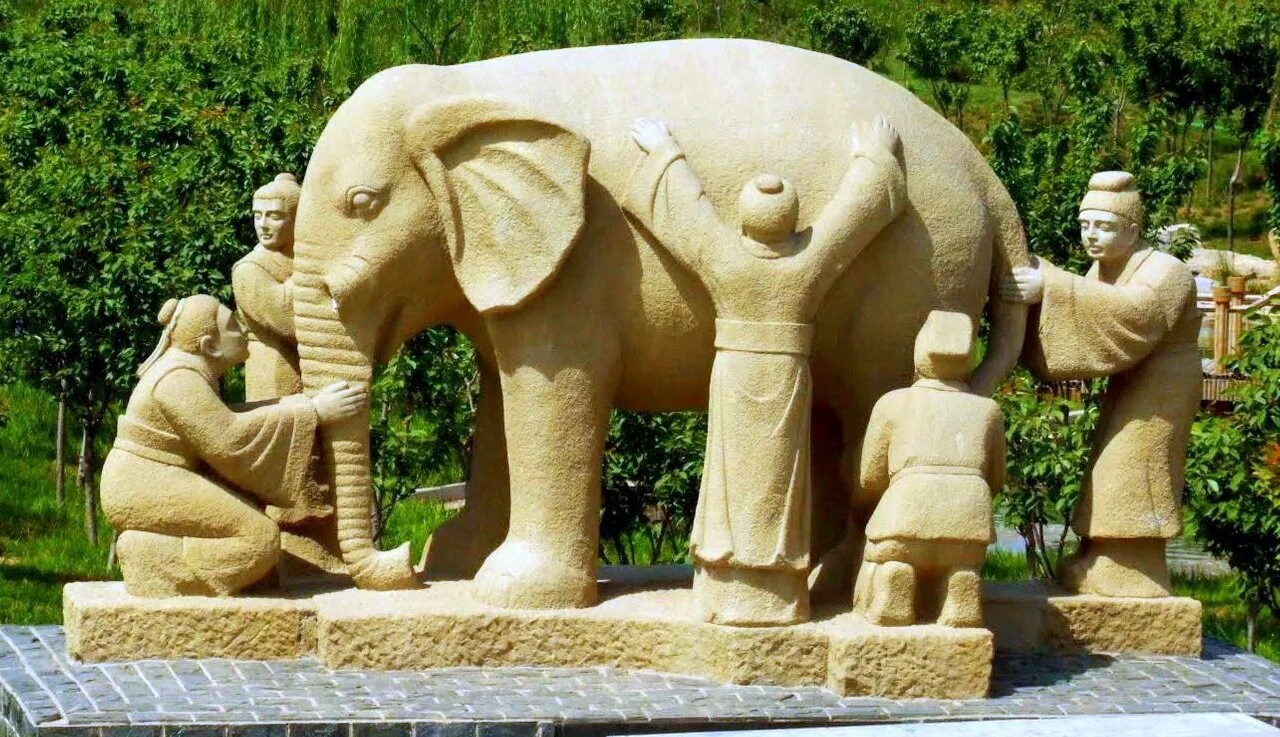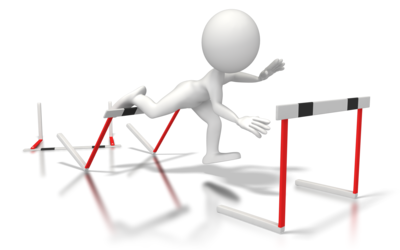Coaching is characterised as a judgement and decision making process. Practitioners and indeed most professionals who work in human performance are de facto coaches of humans. As such, the quest that unites coaches in different sports and practitioners across disciplines is to develop our professional judgement and our ability to make better choices and decisions over time. There is no endpoint to this journey and so the need to continually hone our judgement and decision making applies irrespective of what stage we are might be at in our career. That said, the question of how we best develop these skills for practitioners at the start of their career versus catering for these aspects in continuing professional development thereafter will likely require different solutions.
Triangulating a Position
As the value of cognitive diversity becomes more recognised, what is striking is how slow we have been to realise the need to revise our habitual ways of consuming information and interacting with those who hold contrary views. Whilst pioneers who think different are celebrated in modern western culture, in reality we are far less amenable to entertaining disagreement and diverging ideas. In the professional and academic realm we are quick to follow an authority and align with a school of thought. The hordes are likewise quick to leap into the breach to defend the doctrine against perceived challenge or dissenting views. If anything debates in all circles are increasingly polarised, as the assembled masses flock to either one side or the other. We might appreciate cognitive diversity on a conceptual level, but on a practical level we are clearly not there yet. So what steps can we take to enjoy the benefits of cognitive diversity and open our minds to the possibilities as we form our opinions?
Special Post: 'The Illogic of Being Data Driven'
In the digital era there is a great onus on being ‘data driven’ across all domains. The drive to be objective and to quantify input and output is eminently understandable. The well-worn phrase that gets thrown around is ‘how can you manage something if you don’t measure it?’. We do however need to be very careful about what metrics we use as a proxy for the thing we are attempting to evaluate. There is inevitably a separation between the measure we can objectively quantify and the complex entity that it represents. We need to be very confident about the specificity and sensitivity of the particular measure in relation to what we are seeking to evaluate, to avoid false positives (detecting something that isn’t there) and false negatives (failing to detect something that is there). On a more fundamental level, complex phenomena defy simple measurement.
First Do No Harm: Iatrogenics in Coaching and Practice
Iatrogenics is a term most commonly used in medicine. As attested by the Hippocratic oath (and the premise ‘First Do No Harm’), the medical profession is familiar with the concept that an intervention may pose potential risks and unforeseen consequences. In contrast, the idea that we may either not be helping or through our involvement inadvertently making the athlete worse off does not necessarily occur to coaches and practitioners. In this post we explore how iatrogenics applies in the context of coaching and practice, and make the case for considering potential risks as well as benefits before we intervene.
Clues for Successful Youth Sports Parenting
Parents play a vital role in supporting their child to participate in youth sport. Parents are quite literally the driver, providing both the opportunity and transportation. Youth sports parenting is a full time job in itself, demanding considerable investment in terms of both money and time. It is parental support that affords kids the opportunity to participate and derive the myriad benefits associated with youth sports, which span athletic, health, scholastic, and life skill realms. Naturally, parents are invested in their child’s youth sports participation, and this investment often leads to increasing involvement. Yet despite the best intentions there are adverse consequences when parental involvement or intervention becomes excessive. In this Informed Blog post we unravel the complexity and challenges of being the parent of a youth sports athlete, and attempt to offer some clues to help guide parents to walk this fine line at different phases in the youth sports journey.
Leveraging 'Agency' in Athlete Preparation
Agency can be defined as the sense that we are in control of our own actions and the outcomes that follow. Agency is central to how we perceive our interactions with the outside world. For instance, sense of agency permits us to feel that through our actions we are able to influence external events. In this way, agency is integral to the notion that we have some degree of control over our situation, our standing in the world, and our future direction. In this latest offering we peel back the layers of agency in the context of athlete preparation, exploring what it means (and what it doesn’t mean) in relation to our work with athletes.
Tempering Athletes: Future Proofing Versus Acquired Fragility
Tempering is a process used to impart strength and toughness, and essentially serves to bring out the intrinsic properties of the material under stress. Athletes forged in the crucible of severely testing conditions may be similarly rendered highly resilient to future challenges and stressors. Those who successfully come through such trial by fire paradoxically often prove stronger from the experience. The notion that stressors can not only make systems more resilient, but in fact stronger and better as a consequence, speaks to the concept of antifragility, a phenomenon observed in nature and highlighted by Nassim Taleb who famously coined the term. In this post, we will bring this antifragility lens, and a general reticence to accept that sports injuries ‘just happen’, to reframe how we think about preparing athletes to ‘future proof’ them to risks and scenarios that we cannot fully anticipate. In place of safeguarding measures and interventions that seek to protect, we will make the argument for tempering athletes to harness and develop their intrinsic reserves and coping abilities. Adopting this perspective and general strategy for managing injury risk, we will outline some tactics to help guide practitioners in their approach.
A Wake Up Call on Sleep
Sleep is essential to sustaining life. Yet the majority of us are casually dismissive when it comes to sleep. We routinely deny ourselves this most critical sustenance of our own volition. The attitudes towards sleep among high performing individuals in different realms and society in general are quite baffling. We also largely fail to make the connection between the reckless lack of care and attention we give to our sleep and the dizzying array of consequences that inevitably follow. Objectively this behaviour is bizarre, and our failure to prioritise sleep defies logic. With this latest Informed Blog we explore the myriad ways you lose when you don’t snooze sufficiently.
Informed Shorts: Making New and Better Mistakes
As the saying goes, there is no success without struggle. The fear of making mistakes can become disabling, particularly if our aim is to try something new or different. So perhaps we need to to reframe how we think about making errors to avoid being too constrained by the desire to not get it wrong. The quest to be creative and innovative in our problem solving necessitates having the freedom to try new and different things. This principle applies whether we are seeking to explore new questions, or find different solutions to existing questions.














